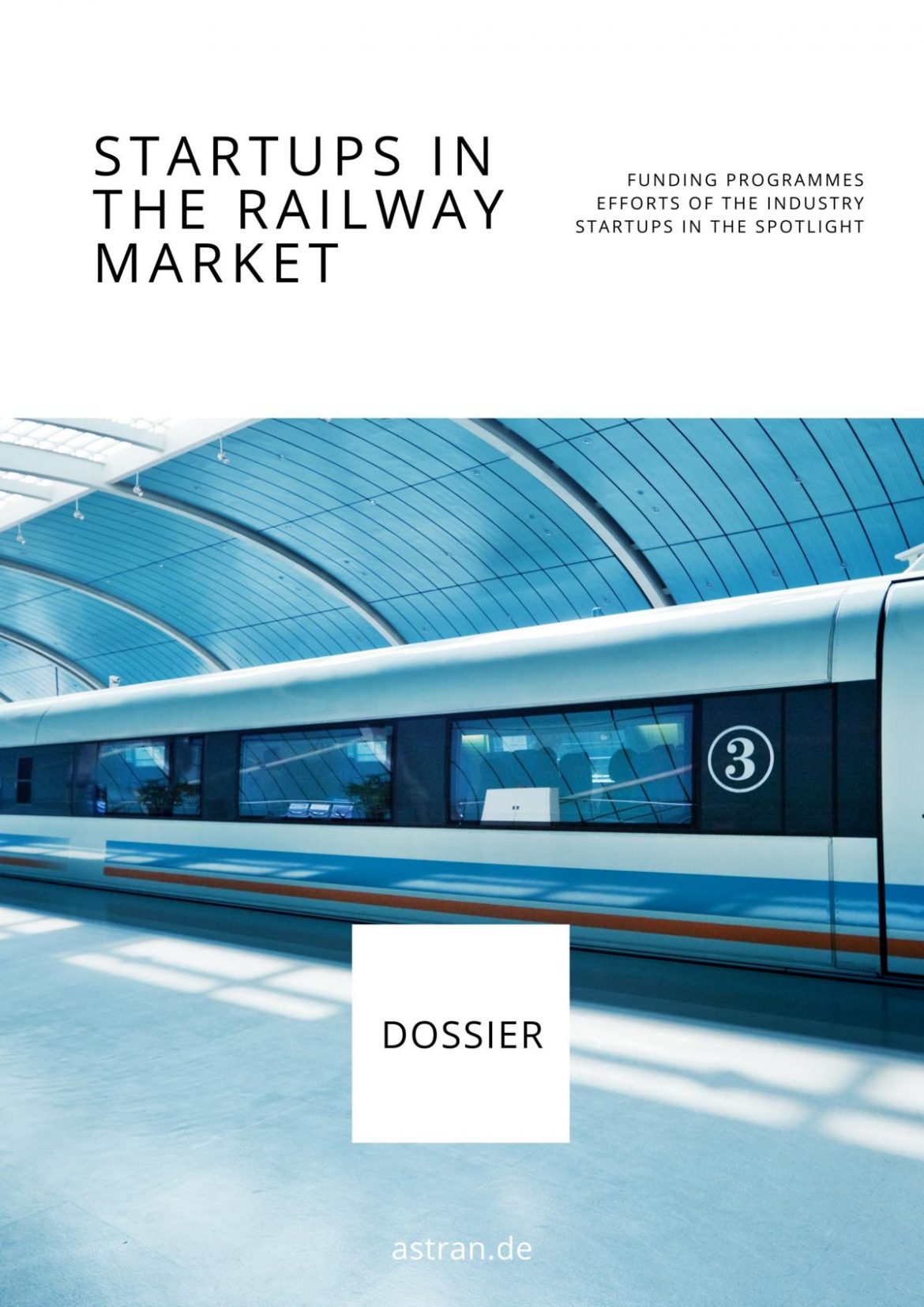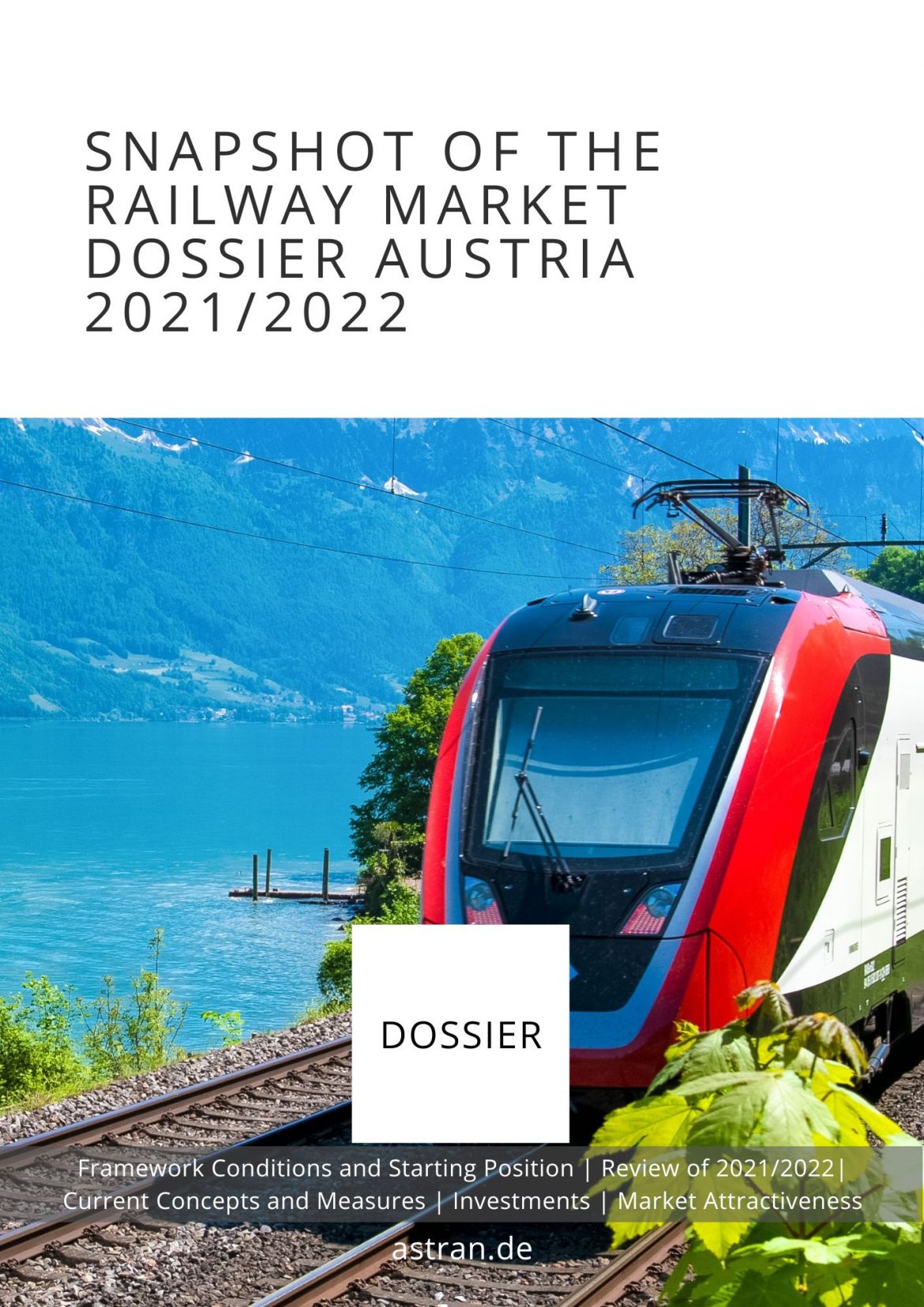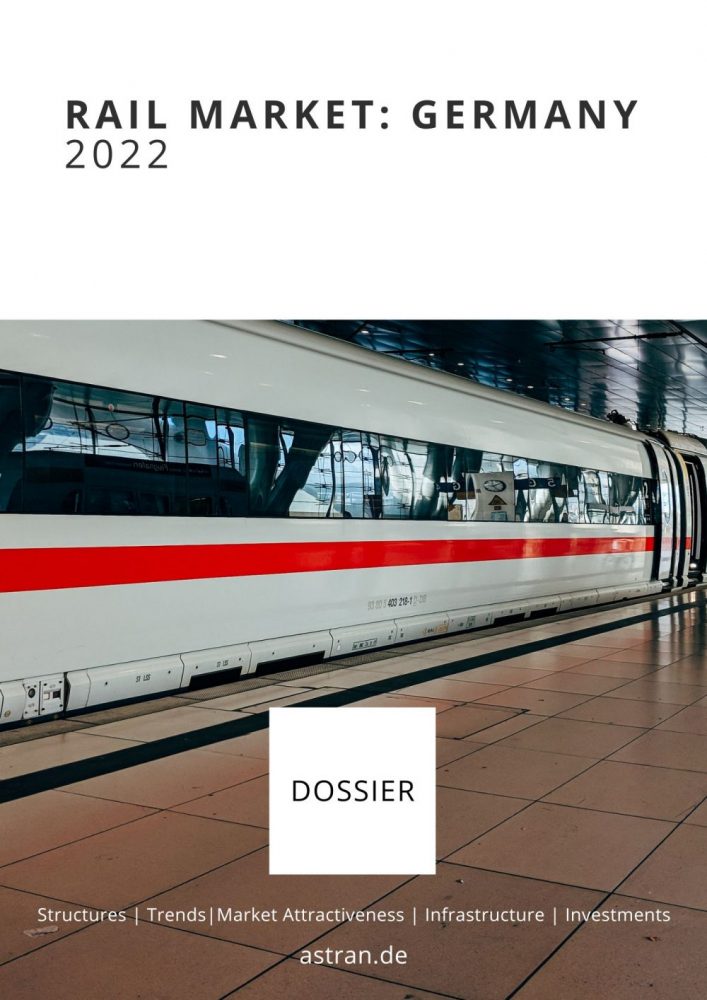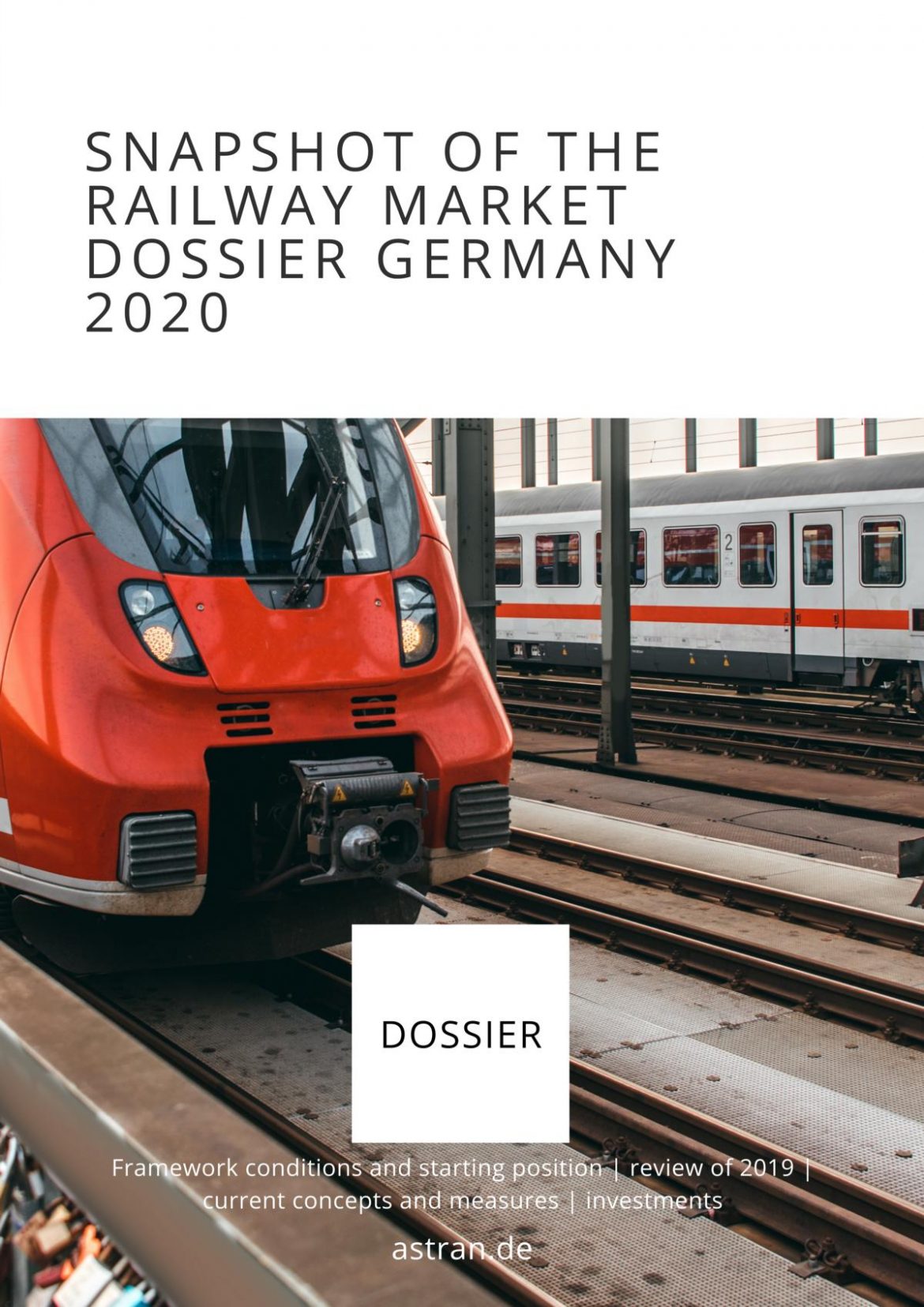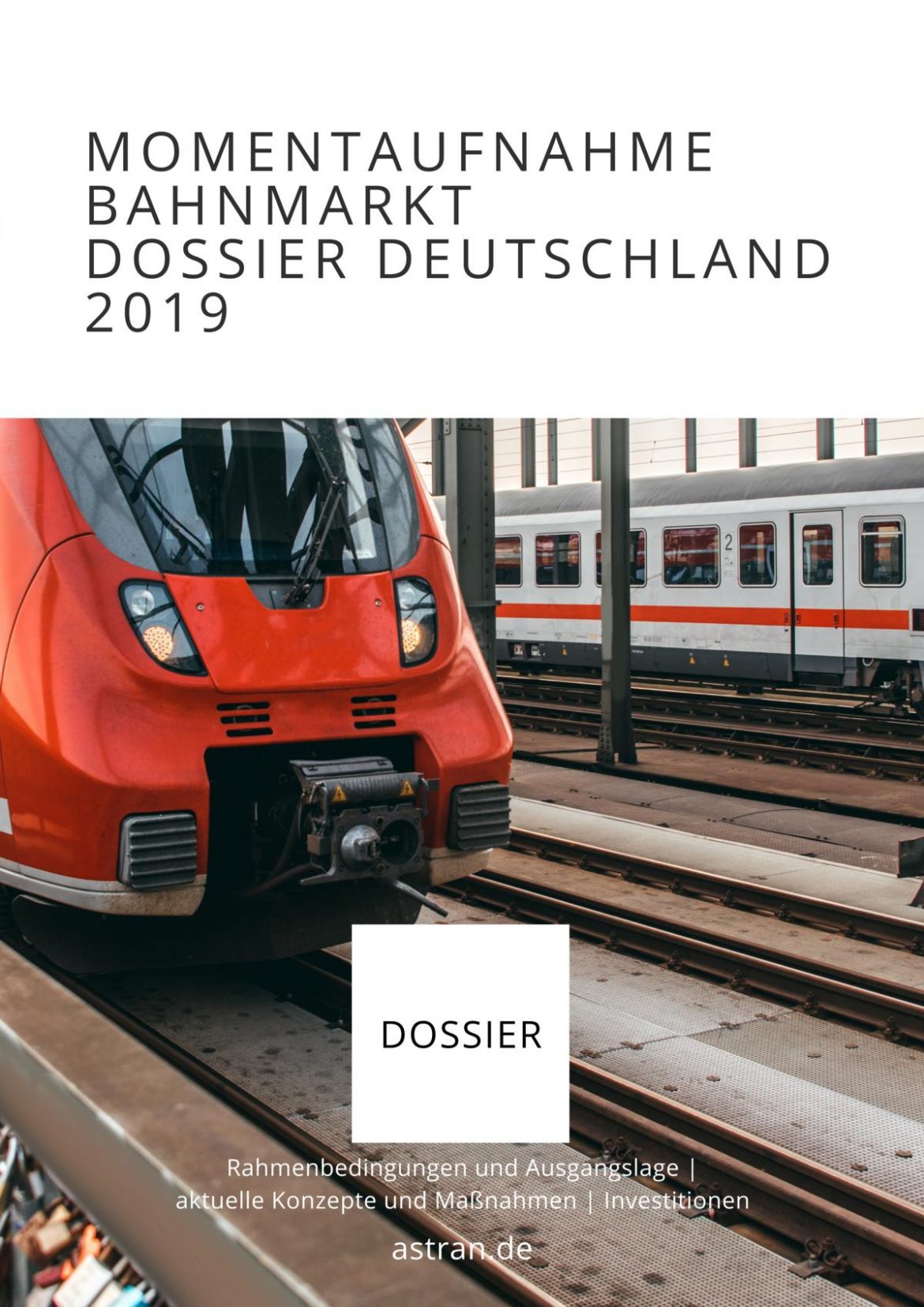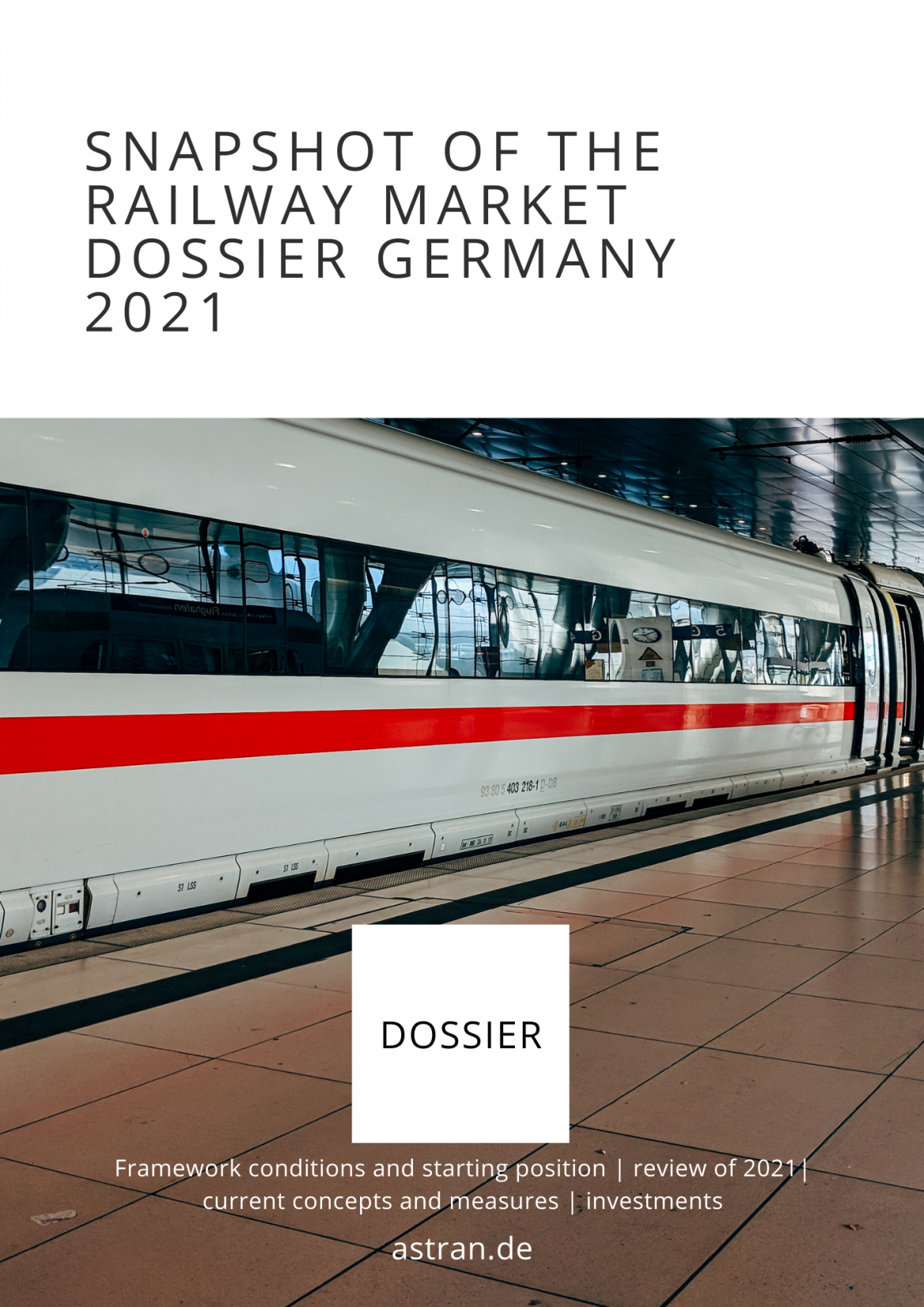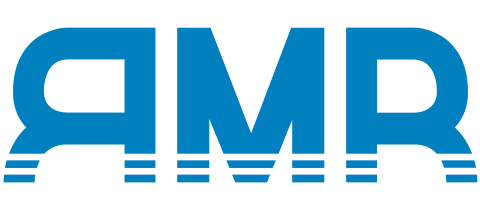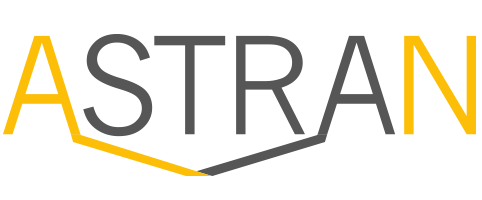Description
Startups in the railway market
Startups are the engine of a country’s economic growth and competitiveness and are therefore of central importance for the German economy. They break up and change established processes and industries and develop new business models. Innovative products, services and processes of startups create new jobs as well as economic and social progress. Innovations are not always of a technical nature, but they are of particular interest to the rail industry, as they promise to increase efficiency, production and quality as well as comfort for rail customers. In addition, technologies invented by startups make it possible to reduce maintenance and production costs.
A lot has happened in the sector in recent years: billions in funding for infrastructure expansion, rising passenger numbers, efforts to achieve European rail standards and major transnational projects. At the same time, topics such as urbanisation, sustainability, digitalisation, climate change and, currently, the effects of the coronal pandemic, continue to pose new challenges that need to be met with innovations. Above all, the growing demand for fast, reliable and green mobility is driving the rail market. Digital business models are shedding new light on intermodal travel, taking rail-based transport to a new level with new high-speed trains or inner-city reinterpretations of rail transport.
Definition “startup”
A “startup” is generally understood to be a recently founded company. While we speak of the start of a new traditional business when craft businesses or retail shops are founded, startups are highly innovative in their products, business models, services or technolo-gies. In addition, they have a planned growth in employees and turnover and are younger than ten years (cf. DSM 2021).


